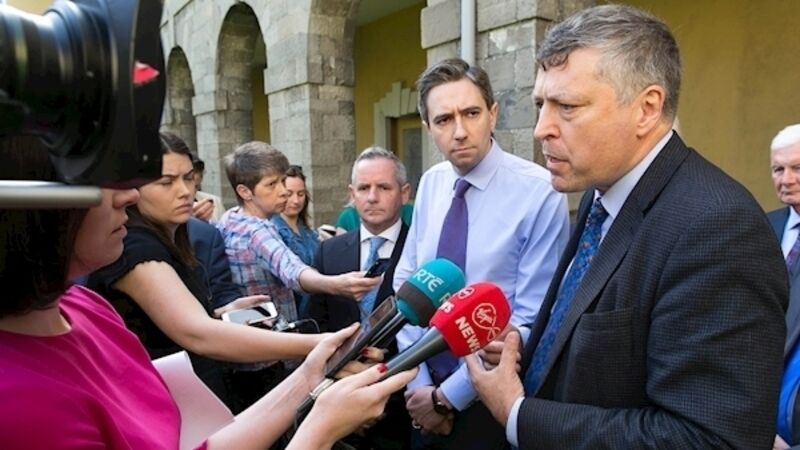Chair of HSE board says he will not shy away from holding new HSE chief to account

The chair of the new HSE board said he will not shy away from holding the new HSE chief to account if he fails to perform.
Responding to questions from Fianna Fáil health spokesperson Stephen Donnelly, Ciarán Devane told the Joint Oireachtas Health Committee that “if he [Paul Reid] is not performing, absolutely, we need to have the conversation”.













